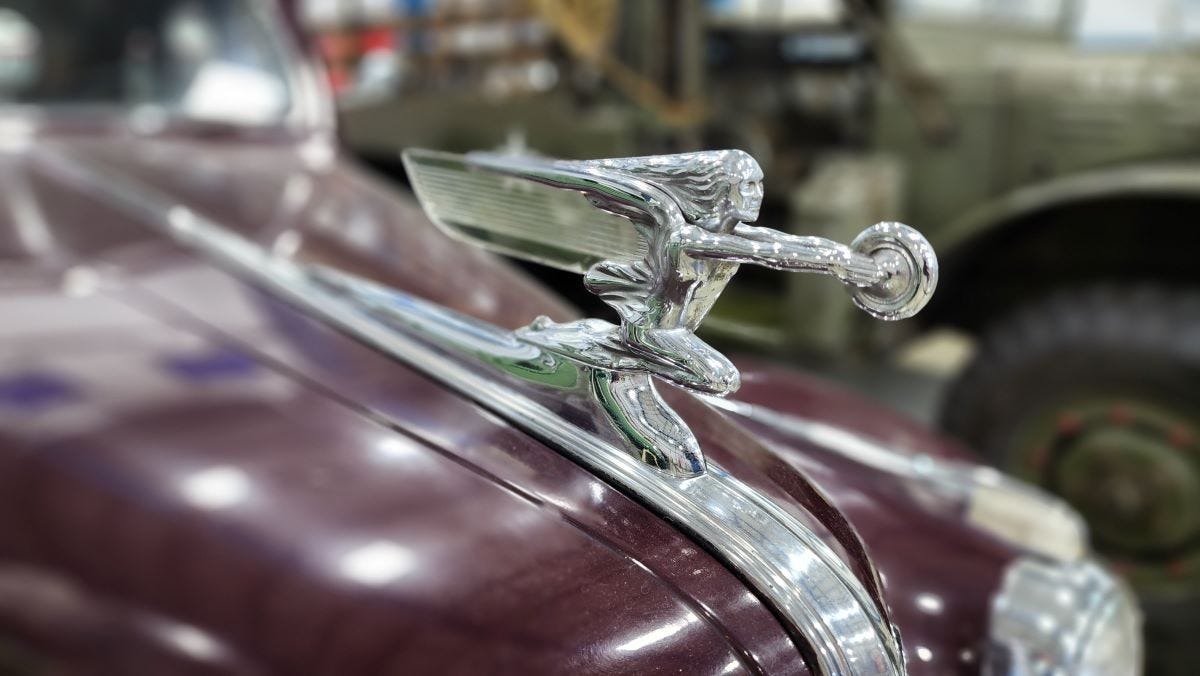Learn from the past without living there
On Confucian poetry, old-time hairstyles, and the part of human nature that's prone to romanticizing the past
In a poem predating Confucius, an ancient Chinese author wrote, "In the old capital they wore / T'ae hats and black caps small; / And ladies, who famed surnames bore, / Their own thick hair let fall. / Such simple ways are seen no more, / And the changed manners I deplore."
■ Poetry is invariably hard to reproduce in a new language since something of the original is always -- quite literally -- lost in translation. But the recurring theme of "In Praise of By-Gone Simplicity" is a familiar one: The poet longs for the good old days, romanticizing how much simpler they were.
■ That sentiment seems pretty quaint, considering those "good old days" must have been more than 2,500 years ago. Literally everything about those times is certain to appear simpler than today. But that perspective also illustrates the intrinsic fallacy of mistaking simplicity for virtue. Life was less complex 100 years ago, much less 2,500 years ago, yet no sensible person would trade places with the occupants of the past just to escape complexity if they truly realized what else they were giving up.
■ Reflexive, unthinking nostalgia is a mistake. Yes, things get more complex with the passage of time, but they also tend to get much better, even if there are setbacks and obstacles along the way. We have to recognize plainly that it's nothing new to imagine that the past was better than it actually was. Nor is it new that some people will long for that past even in the face of reason and evidence.
■ Nostalgia is nothing new in human nature. As time marches on, it's always up to the present generation to appreciate the present, learn honestly from the past, and aspire with intentionality to a better future. Plenty of lessons can be extracted from the past without us having to take up residence there.



